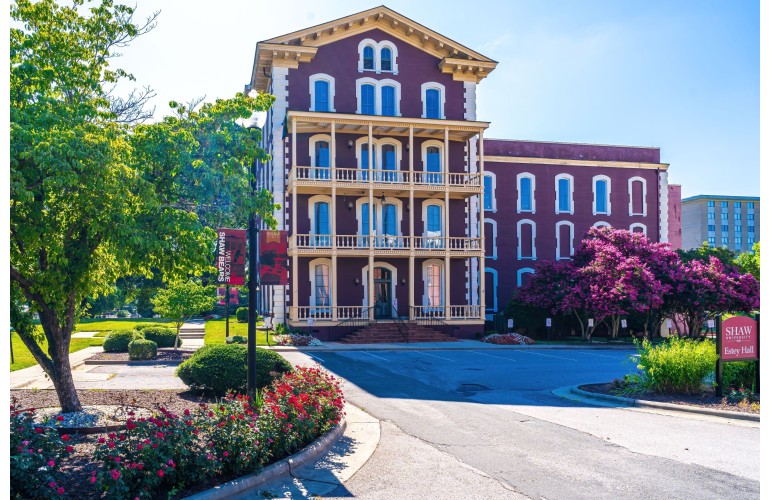 Subscribe
Subscribe- Login
-
/
Sign Up
- US Black Engineer
- >>
- Articles
- >>
- EDUCATION
- >>
- On Campus
- >>
- UNCF releases new research brief in The HBCU Effect series
The United Negro College Fund (UNCF) has released a new research brief in The HBCU Effect series. The new report continues to promote the success of historically Black colleges and universities (HBCUs) and develop a counter-narrative that illustrates their competitiveness.
UNCF’s Frederick D. Patterson Research Institute has produced three major reports in the series: HBCUs Transforming Generations Social Mobility Outcomes for HBCU Alumni, Culturally Relevant Practice: Implementation among Historically Black Colleges & Universities, and HBCUs Punching Above Their Weight.
“By uncovering HBCU truth through data and research, The HBCU Effect will illuminate how HBCUs yield a high return on investment by equipping their students, in particular first-generation students, with resources to close education and wealth gaps—transforming generations,” said Dr. Nadrea Njoku, director of UNCF’s Frederick D. Patterson Research Institute.
In the summer of 2021, 1,761 Black HBCU alumni, 81% female, and 19% male, participated in a 10-minute survey to conduct the research. To promote participation and friendly competition among the HBCUs, the Frederick D. Patterson Research Institute offered a $20,000 award toward institutional funding for the HBCU with the highest number of responses from their alumni.
Florida A&M University (FAMU) had the highest number of participants followed by UNCF-member institutions Bennett College, Oakwood University, and Xavier University of Louisiana. Overall, 75 HBCUs were represented.
“HBCUs are top producers of Black STEM graduates, Black medical doctors, veterinarians and graduate low-income students at higher rates than private White institutions (PWIs), and their students also report greater academic and social gains. Yet, limited data exist regarding workforce outcomes for Black HBCU alumni,” said Njoku.
Key findings and recommendations of the study:
- HBCU alumni who reported higher income brackets also reported higher satisfaction with their HBCU networks.
- Considering the impact of HBCUs on HBCU students and alumni, in addition to their tendency to serve a population that other institutions deem unworthy and valueless, HBCUs should be lauded for how they otherwise would not have at PWIs or other institutions.
- The field of higher education must acknowledge HBCUs’ expertise in properly supporting Black students. Higher education institutions can use the information from the study to develop programs and policies that demonstrate genuine care and investment in Black students and the Black community.
- Practitioners at PWIs should draw upon the existing research and narratives about the ways that HBCUs properly support Black students and replicate those support practices and networks on their campuses as much as possible.
- HBCUs can draw upon the early experiences that alumni describe by developing early intervention programming for first-year students that will equip them with the knowledge and connections they need to navigate campus and establish the connections they need early in their college experiences.
Most respondents from international communities (30%) are currently earning salaries between $50,000 and $74,000. Twenty-nine percent were from suburban communities earning a salary over $150,000 while around 22% of rural and international students reported earning the same salary.
The highest level of completed education among the respondents was a master’s degree (45%), followed by a bachelor’s degree (32%), a doctoral degree (12%), and a professional degree (8%).
Njoku noted that more research is needed that draws upon the perspectives of alumni to understand how specific factors like faculty and staff support, peer mentorship, guidance from alumni, and networks contribute to students’ on-campus experiences and at different times after graduation.
A few of the questions future research will explore Njoku said are, “How the HBCU experience and workforce outcomes vary between private HBCUs and public HBCUs? How can HBCUs serve as models for other institutions of higher education? What other ways do HBCUs contribute to social mobility and increase capital for HBCU students and alumni?
Njoku authored the report with Megan Covington, Ph.D., Natasha McClendon, Ph.D., both of UNCF; and Christen Priddie, Ph.D., a critical quantitative scholar in the Center of Postsecondary Research at Indiana University.


